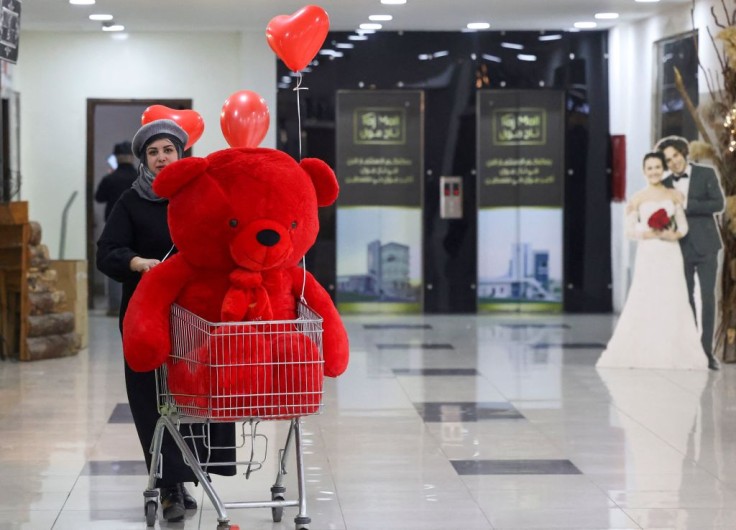
Living in Manitoba, Canada, Elise Plessis, has purposely chosen not to be in a long-term relationship over the past 26 years.
Despite her intended decision, she encounters a sense of FOMO (Fear of Missing Out) when Valentine's Day is fast approaching.
Valentine's Day Causes Loneliness to Some
As a 53-year-old singleton in both her family and friend group, Plessis confesses that the occasion makes her feel hopeless, like someone unable to find a romantic connection.
Dr. Vivek Murthy, a U.S. surgeon general, likens the health threat of loneliness to smoking and points to its societal impact.
However, instead of dwelling on her situation, she has decided to follow the advice of loneliness researchers and psychologists by helping others.
Plessis, who became a certified matchmaker last year, is organizing a speed-dating event ahead of Valentine's Day, stating that if she can't find love, she sees it as the least she can do.
Valentine's Day is often criticized by some as a "forced," commercialized, and expensive celebration. This year, it coincides with increased awareness of loneliness and isolation, declared an "epidemic" by the U.S. surgeon general.
Loneliness, deemed as a significant health threat, has led to remarkable costs for the healthcare industry. With about half of U.S. adults reporting experiences of isolation, the issue has been soaring even before the pandemic.
Approximately 50% of adults in the United States admit encountering loneliness, according to Murthy. This issue has been lingering long before the pandemic, intensifying in recent times.
Murthy likens loneliness to hunger or thirst, describing it as a signal from the body when something essential for survival is lacking. He expressed concern that millions of Americans are silently grappling with loneliness in the shadows, deeming it an unjust situation.
The spice surrounding Valentine's Day has become a profit-making market, with dating apps, self-help books, and several leads catering to both lovers and detractors of the holiday.
How To Overcome Loneliness on Valentine's Day
Psychology professor David Sbarra, who studies loneliness, admits the role of Valentine's Day in worsening psychological suffering for those already lonely.
He suggests that a shift in awareness is essential, inspiring each one to pursue opportunities for social engagement rather than focusing on separation.
Tori Mattei, a 27-year-old single individual in New York, shares her experiences of navigating singlehood over the past four years. While she appreciates moments of solitude, she acknowledges the need for extra effort on days like Valentine's Day to avoid feeling lonely.
Mattei's advice includes showing love to others or oneself and making plans to celebrate the day positively.
Dr. Jeremy Nobel, author of "Project UnLonely: Healing Our Crisis of Disconnection," emphasizes the subjective nature of loneliness, highlighting the discrepancy between desired and actual social connections.
He advocates for using creative arts to address health challenges associated with loneliness, offering a free Zoom coloring session on Valentine's Day.
Psychotherapist Kelli Miller in Los Angeles acknowledges Valentine's Day as a common trigger for clients, especially those lacking desired love.
Her suggestion is to turn inward in search of joy, encouraging activities like going to the theater or dining alone, as being around others can provide a sense of connection.
Related Article : Valentine's Day in the New Normal: Top 5 Creative Ideas to Celebrate